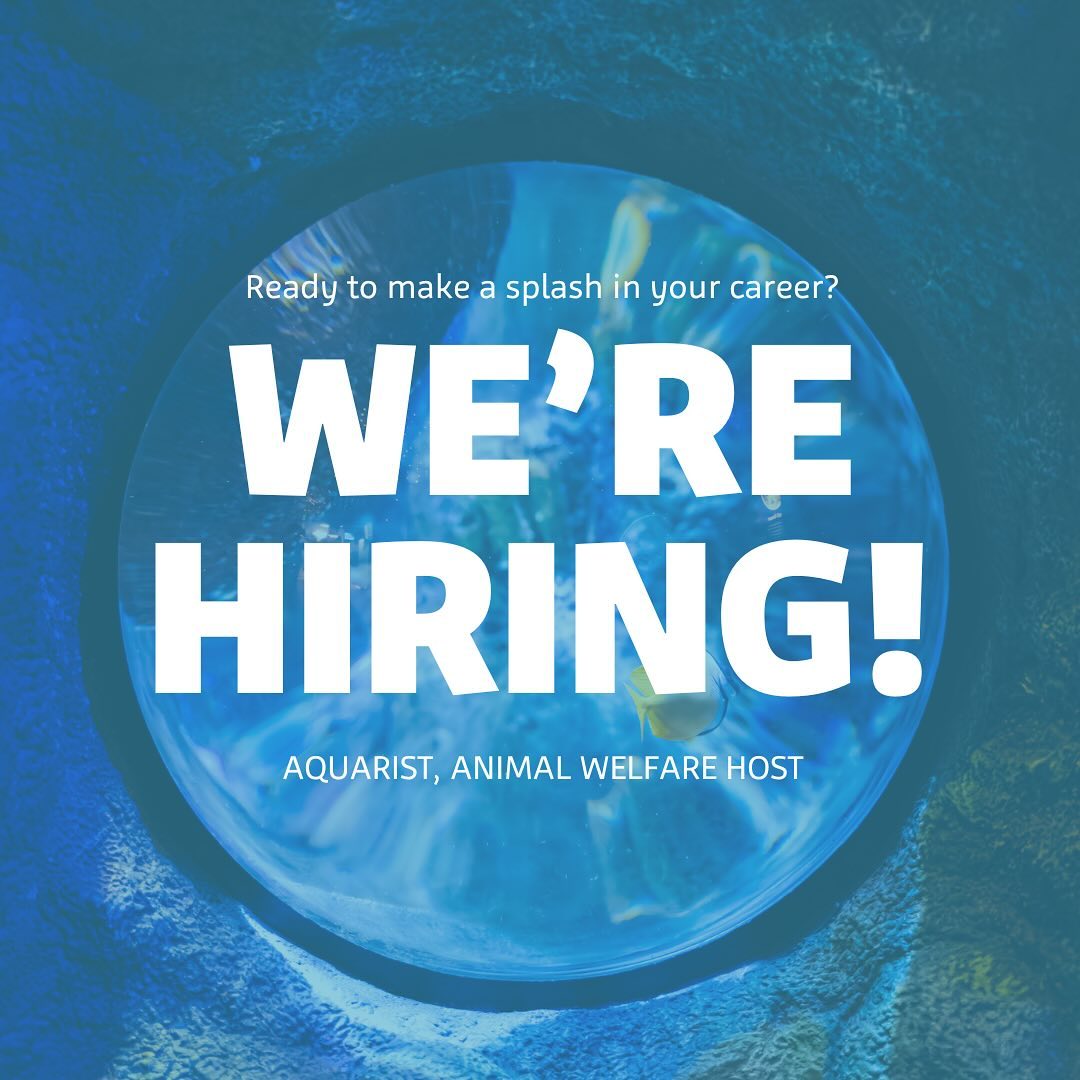- The Role and Responsibilities of Aquarists and Animal Welfare Hosts
- Educational Background and Skillsets Required
- The Impact of Aquarists and Animal Welfare Hosts on Conservation Efforts
- Career Growth and Opportunities in Zoology and Wildlife Management
- Application Process and Opportunities for Aspiring Candidates
Aquarists and animal welfare hosts play a vital role in zoological institutions and conservation initiatives. Understanding the nuances of these roles can offer insight into how these professionals contribute to wildlife preservation, education, and public engagement.
The Role and Responsibilities of Aquarists and Animal Welfare Hosts
Aquarists are specialized caretakers responsible for the well-being of aquatic animals in controlled environments. They manage the health, behavior, and habitat of marine and freshwater species. Daily tasks include feeding, monitoring water quality, and habitat maintenance. In addition, they assist in research projects and conservation programs, providing essential data and observations to support scientific studies.
Animal welfare hosts, on the other hand, focus on educating the public about animal care and conservation practices. They engage with visitors, offering information on species, their natural habitats, and the importance of conservation efforts. They also assist with animal demonstrations and hope to inspire a deeper understanding of wildlife. These roles involve a significant amount of public interaction, making excellent communication skills vital.
Educational Background and Skillsets Required
Pursuing a career as an aquarist or an animal welfare host typically requires a solid foundation in zoology, marine biology, or related fields. A bachelor’s degree in these areas is often the minimum qualification. However, hands-on experience is equally critical. Internships, volunteer positions at aquariums, or work in wildlife rehabilitation centers can provide practical skills.
For aquarists, knowledge in aquatic ecology, water chemistry, and animal care techniques is essential. They should be adept at using water quality testing equipment and other tools necessary for maintaining optimal living conditions for aquatic species. Animal welfare hosts should have a strong grasp of animal behavior and exhibit excellent interpersonal skills to effectively communicate with visitors.
Both roles demand a high level of responsibility, physical stamina, and an unwavering commitment to animal welfare. These professionals frequently work irregular hours, including weekends and holidays, to ensure the animals receive constant care.
The Impact of Aquarists and Animal Welfare Hosts on Conservation Efforts
Aquarists and animal welfare hosts significantly impact conservation initiatives. By maintaining healthy populations in captivity, aquarists contribute to the preservation of endangered species. This is particularly critical for species whose natural habitats are under threat due to factors like climate change, pollution, and habitat destruction. Moreover, breeding programs managed by aquarists help bolster the populations of endangered species, sometimes reintroducing them into their natural habitats.
Animal welfare hosts play a crucial role in raising public awareness about conservation issues. They educate visitors about the ecological significance of various species and the ways human activities affect wildlife. Through interactive exhibits and educational programs, they inspire people to support conservation efforts and make environmentally responsible choices.
Career Growth and Opportunities in Zoology and Wildlife Management
Careers in zoology and wildlife management offer substantial growth opportunities. Aquarists and animal welfare hosts can advance to senior positions such as lead aquarists, curators, or program directors. These positions come with increased responsibilities in terms of managing teams, overseeing large sections of an aquarium or zoo, and developing educational and conservation programs.
Moreover, acquiring advanced degrees like a master’s or Ph.D. can open doors to research roles, teaching positions, or leadership roles in conservation organizations. Many universities and research institutions seek individuals with extensive field experience and advanced scientific expertise.
Professional associations like the American Association of Zoo Keepers (AAZK) and the Association of Zoos and Aquariums (AZA) offer continuous learning opportunities. They provide certifications, workshops, and conferences that help professionals stay updated with the latest advancements and best practices in the field.
Application Process and Opportunities for Aspiring Candidates
The journey to becoming an aquarist or an animal welfare host begins with a strong educational background and relevant experience. Numerous institutions advertise vacancies through their websites or professional networks like the AZA. Aspiring candidates should prepare a detailed resume highlighting their academic qualifications, work experience, and any special skills pertinent to animal care and public engagement.
Networking is invaluable. Joining professional organizations and attending industry conferences can provide job leads, mentorship opportunities, and a deeper understanding of current trends in zoology and wildlife conservation. Also, candidates can benefit from participating in volunteer programs or internships to gain practical experience and show a demonstrated commitment to the field.
Both roles are integral to the functioning of zoological and conservation institutions. They ensure the health and well-being of animals while also playing a crucial role in educating the public and raising awareness about the importance of conservation. If you’re ready to make a splash in your career and contribute to the vital cause of wildlife conservation, consider exploring opportunities as an aquarist or animal welfare host. Learn more through the link in our bio.
*****
Source Description
Ready to make a splash in your career?
We’re hiring for aquarists and animal welfare hosts!
Learn more through the link in our bio.

